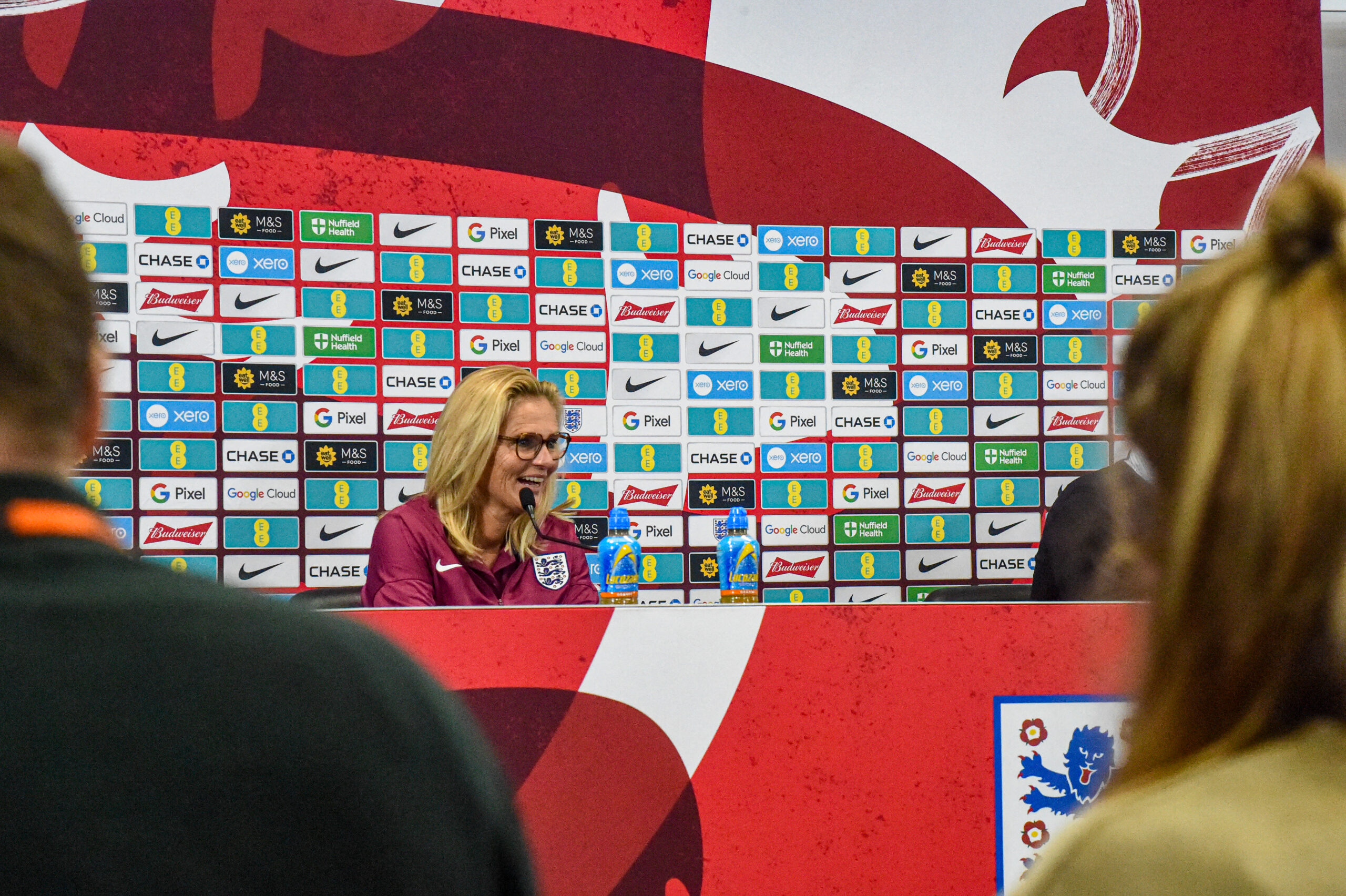It has always been a question that arises when a manager leaves a club, why are there fewer female managers of women’s clubs?
Currently, there are 5 female managers in the WSL, one of these being an interim manager. At the 2023 Women’s World Cup, out of the 32 teams competing, only 12 of the teams had a female head coach. And only three of the 14 clubs in the NWSL have a female head coach.
There has been a remarkable surge in the number of women and girls playing football, yet this growth has not been matched by a comparable increase in their participation in coaching roles. Only around 30 women hold a UEFA Pro Licence, the highest coaching certificate available in Europe. It is widely believed that many women and girls aspire to pursue coaching, but a lack of opportunities to advance and acquire coaching qualifications hinders their progress.
To combat the low uptake in elite coaching badges for women, UEFA have launched a female only course for the UEFA A License, one below the Pro. The current cohort of women include some of the WSL’s biggest names, like Chelsea’s Zećira Mušović and other retired players like Izzy Christiansen and Steph Houghton.
The UEFA Coach Development Programme for Women offers a clear pathway for women to obtain coaching licenses, whether they are taking their first steps into coaching or building on their existing experience. Since the launch of the programme, more than 2,000 women have gained a coaching license.
Sexism remains a persistent issue in the women’s game, extending into the realm of coaching. The male-dominated nature of the profession can be intimidating for women, who often face gender-based abuse. A 2024 survey by Kick It Out revealed that four in five female coaches reported experiencing sexism in their coaching environment—a deeply disheartening statistic. No one should endure such treatment, especially in their workplace. This hostile environment is a significant factor deterring women from pursuing careers in coaching.
Another reason is costs. To gain the UEFA A License and be able to work within the professional senior game, it currently costs £4,000. But to be able to obtain the UEFA A License, you have to complete both the C and B licences as well, which will take that total up to nearly £6,000 to obtain all three licences. This excludes the initial FA coaching qualifications, which are considered the foundational step toward obtaining UEFA licenses.
There is a lack of protection for female coaches, and it has been urged that the new independent body of the WSL and Championship, NewCo, invest in female coaching. Many coaches have expressed their concerns at a lack of support and opportunities for coaching experience.
Amy Merricks, current manager of Birmingham City and former interim manager of Brighton and Hove Albion, has expressed her concerns saying that the coaching industry for women is “a lonely place” and that “you feel like you have to prove yourself even more” in such a male dominated industry. Some of the most influential leaders in the sport have extended their support to aspiring coaches. For instance, Hope Powell, now the Technical Director at Birmingham City, has placed her trust in Merricks, giving her the opportunity to prove herself as a coach.
Notably, former professional player Corinne Diacre made history in 2014 when she was appointed head coach of French club Clermont Foot, becoming the first woman to manage a game in the top two tiers of a men’s European league. She led the Ligue 2 team for three seasons before transitioning to her role as head coach of the France national team.
The shortage of female coaches is an urgent issue that requires immediate attention. Greater support is essential to empower a new generation of women to step into coaching roles and make their mark in the world’s top leagues.
Photo – @_shotsbylou



